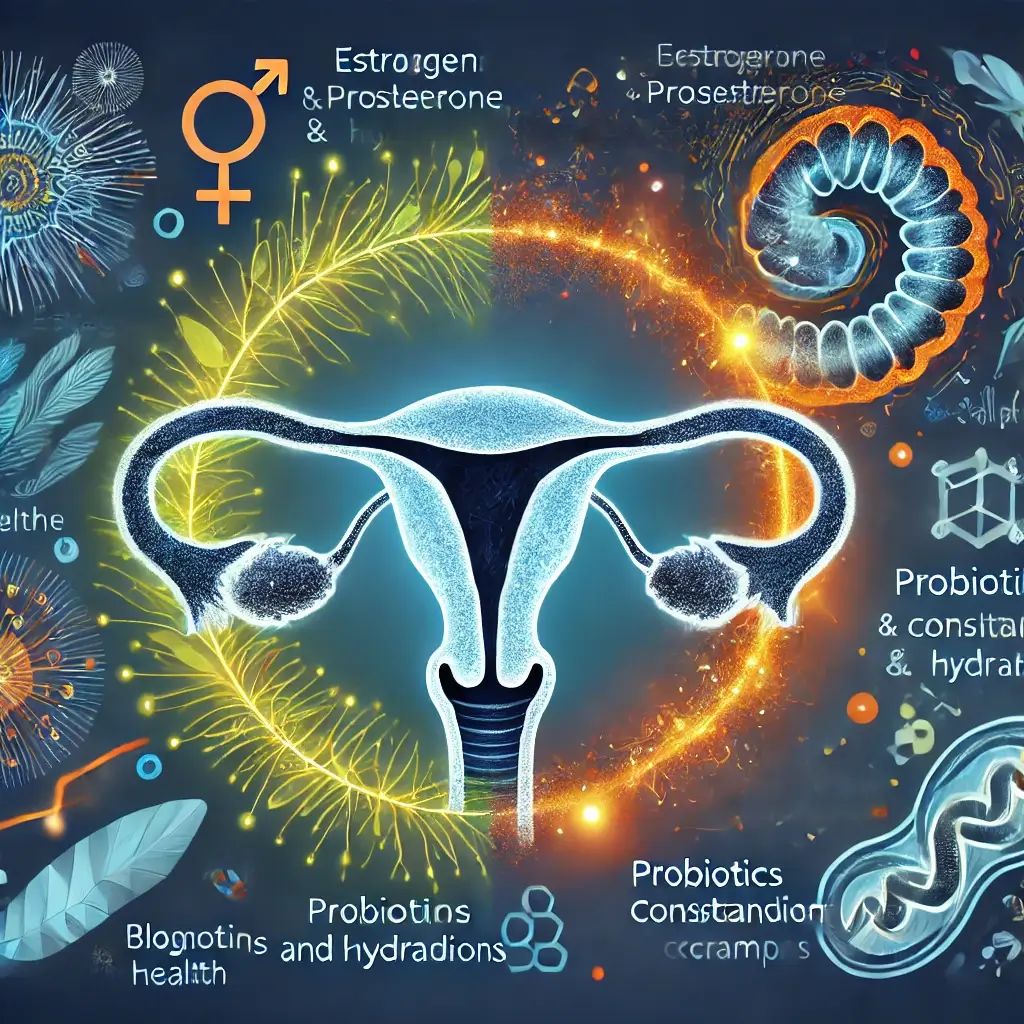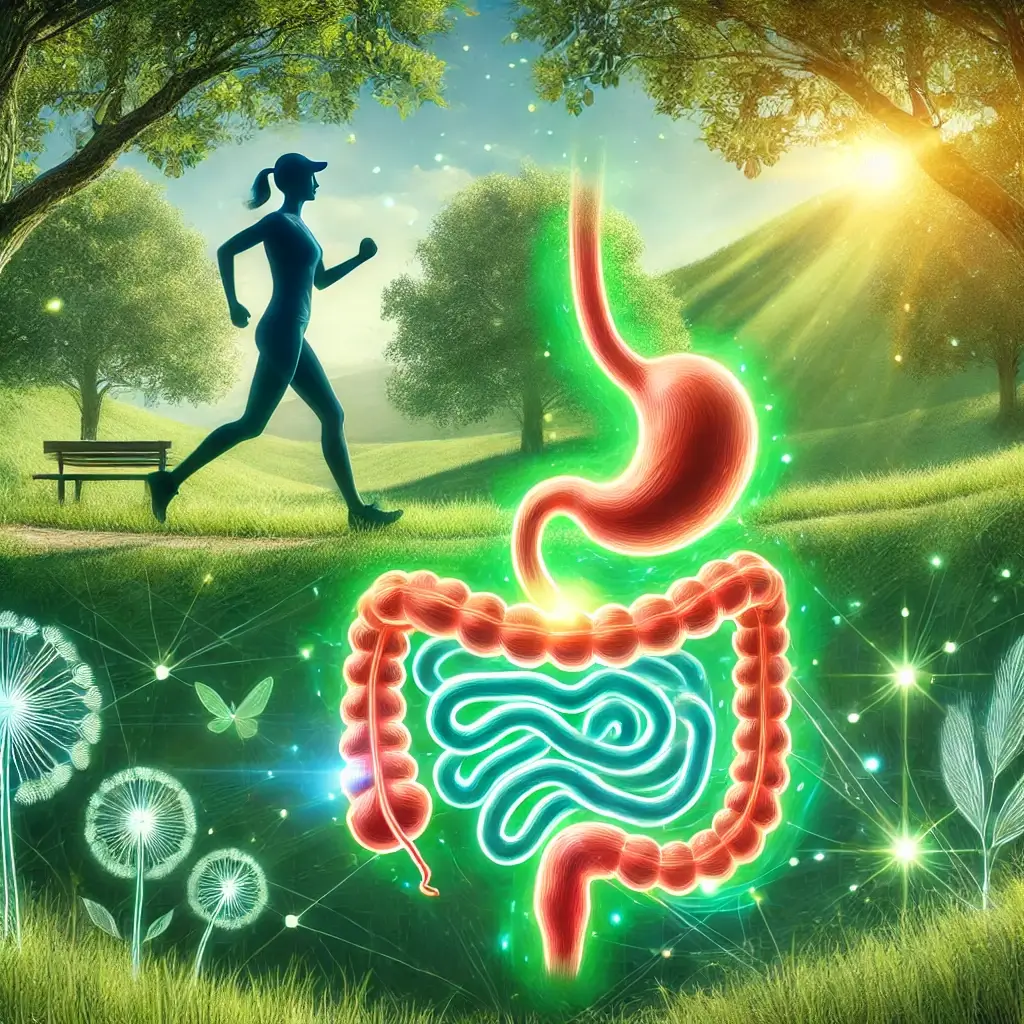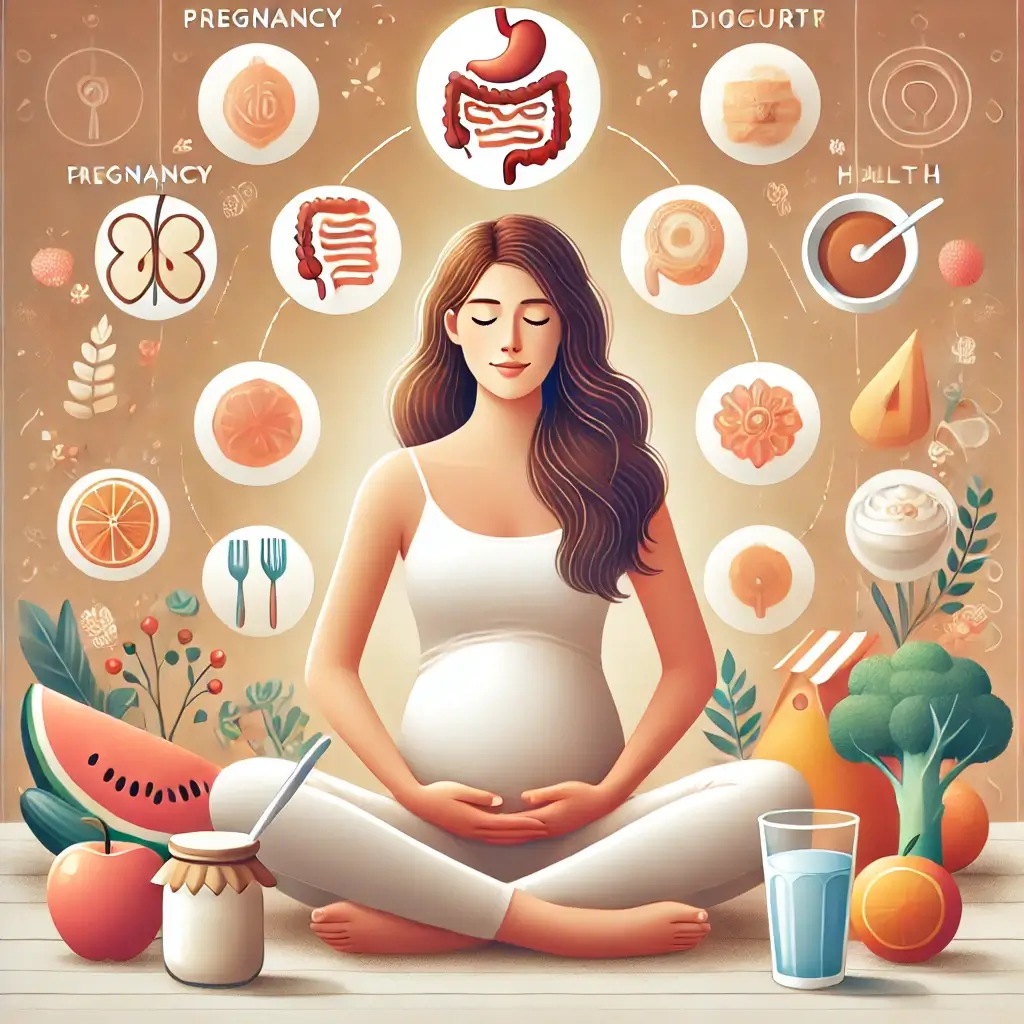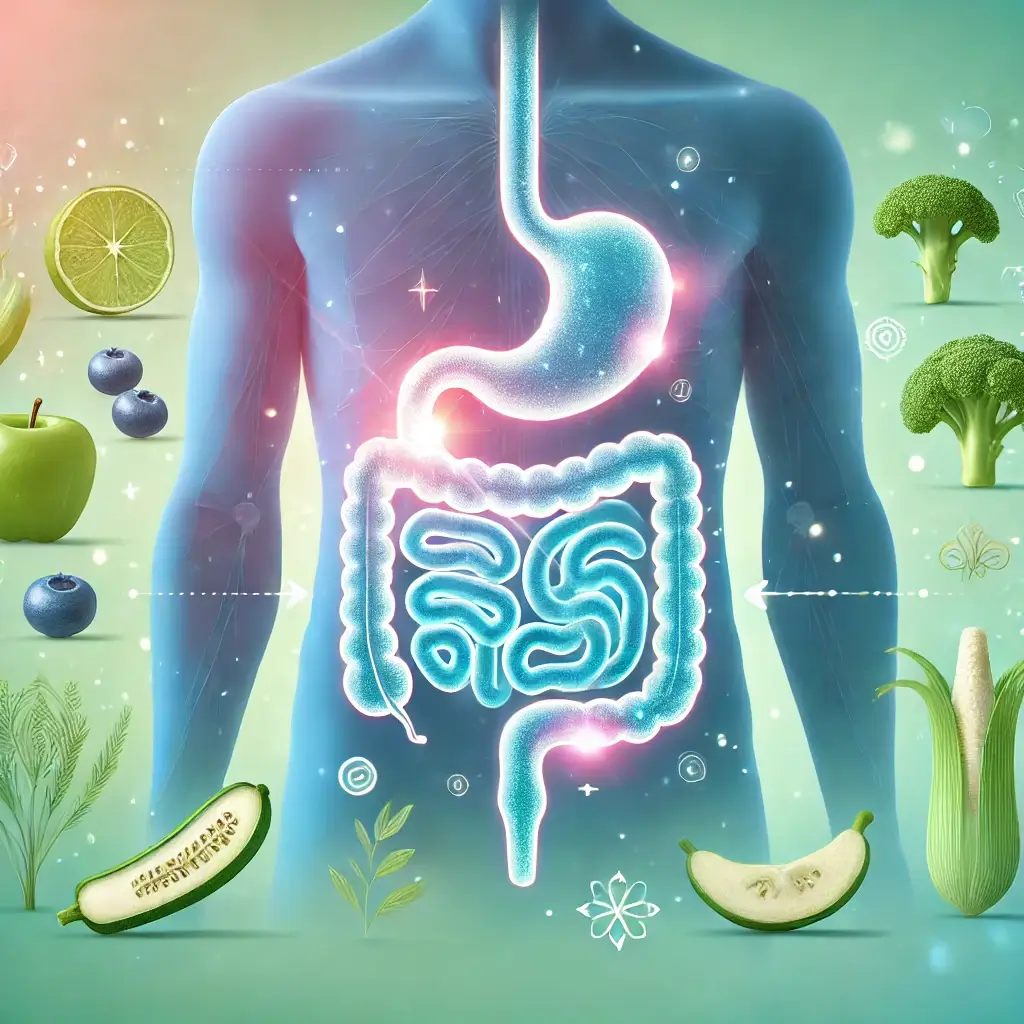Your Essential Guide to Digestive Wellness During Menstruation: Expert Tips and Scientific Insights
Understanding Menstrual Cycle Challenges
Menstrual cycles bring a range of physical and emotional challenges. While symptoms like cramps and fatigue are commonly acknowledged, digestive discomforts during menstruation such as bloating, constipation, diarrhea, and gas often receive less attention. These issues, though common, can disrupt daily life and add to the discomfort experienced during menstruation.
The Science Behind Hormonal Effects on Digestion
The connection between hormonal fluctuations and digestive symptoms lies in the roles of key hormones such as estrogen, progesterone, and prostaglandins. These hormones regulate not only reproductive processes but also affect digestion, water retention, and gut motility. For example, high progesterone levels causing constipation, while prostaglandins can stimulate the intestines, leading to diarrhea or abdominal cramping.
Introduction to Research-Based Solutions
This article explores the science behind these digestive disturbances and offers practical, research-based strategies to help manage symptoms. Understanding these hormonal effects on digestive health empowers women to take control of their health and find relief during their menstrual cycle.
Understanding Hormonal Impact on Digestion
Hormonal changes throughout the menstrual cycle affect the digestive system in several significant ways:
Progesterone’s Effect on Digestion
Progesterone levels peak in the luteal phase, leading to a relaxation of smooth muscles, including those in the digestive tract. This results in slower gut motility during menstruation, which can cause constipation and bloating. A 2014 review in Digestive Diseases and Sciences noted that high progesterone levels are a primary contributor to constipation during menstruation (Liu et al., 2014).
Understanding Prostaglandins’ Role
Prostaglandins are hormone-like compounds that stimulate uterine contractions during menstruation. Unfortunately, they also affect the smooth muscles in the intestines, leading to diarrhea and increased bowel movements during period. A 2018 study published in Frontiers in Pharmacology found that prostaglandins contribute to gastrointestinal symptoms, including diarrhea and cramping, during menstruation (Gabor et al., 2018).
Estrogen’s Impact on Water Balance
Fluctuating estrogen levels can cause water retention, which slows digestion and exacerbates feelings of bloating. This hormonal impact on water retention often leads to a sensation of heaviness and abdominal discomfort in the days leading up to menstruation.
The Connection Between Stress and Digestion
Hormonal changes during the menstrual cycle can also amplify stress, which negatively impacts digestion through the gut-brain connection during menstruation. This bidirectional communication system can lead to increased sensitivity in the gut, worsening bloating and pain.
Managing Digestive Issues During Menstruation
Though hormonal fluctuations are unavoidable, adopting targeted strategies can alleviate the digestive issues associated with menstruation.
The Importance of Dietary Fiber
Including fiber-rich foods in your diet helps regulate bowel movements and prevent constipation. Best foods for menstrual constipation include whole grains, fruits, vegetables, and legumes are excellent sources of dietary fiber. A 2016 study in Nutrients highlighted the benefits of fiber in improving stool consistency and easing constipation (Liu et al., 2016).
Proper Hydration Strategies
Drinking sufficient water is crucial for maintaining digestive health. Water helps soften stools, preventing constipation, and reduces bloating. Daily water intake for menstrual health should be 8–10 glasses to keep your digestive system functioning smoothly.
Avoiding Trigger Foods
Avoid foods that can cause bloating, such as processed snacks, sugary drinks, and cruciferous vegetables like broccoli and cauliflower. Opt for anti-inflammatory foods for menstrual comfort such as leafy greens, berries, and fatty fish, which can help soothe digestive discomfort.
Benefits of Probiotic Support
Probiotics promote a healthy gut microbiome, which can alleviate bloating and improve digestion. Natural probiotics for menstrual health include fermented foods like yogurt, kimchi, and sauerkraut. Supplements can also be effective, but consult with a healthcare provider to choose the right strain.
Stress Management Techniques
Managing stress is key to reducing its impact on the gut-brain axis. Stress reduction activities for menstrual relief like yoga, meditation, and breathing exercises can lower stress levels and improve digestive symptoms during menstruation.
The Role of Physical Activity
Regular exercise enhances gut motility and supports overall digestive health. Gentle exercises for menstrual comfort such as walking, stretching, or yoga can also reduce menstrual cramps and bloating.
Benefits of Heat Application
Applying a warm compress or heating pad to your lower abdomen can relax muscles, ease cramps, and improve digestive comfort. This heat therapy for menstrual symptoms is a favorite among many women for immediate relief.
Long-term Digestive Health Management
While managing symptoms during menstruation is essential, maintaining gut health throughout the cycle provides lasting benefits. Consistent gut health practices like eating a balanced diet, staying hydrated, exercising regularly, and prioritizing sleep are foundational practices for optimal digestive health. Additionally, addressing chronic stress through therapy, mindfulness, or relaxation techniques can enhance both gut and mental health.
Final Thoughts on Digestive Health During Menstruation
Digestive discomforts during menstruation are common but manageable with the right strategies. Understanding the hormonal effects on menstrual digestion allows women to take proactive steps to reduce their impact. Simple lifestyle changes such as a high-fiber diet, hydration, stress management, and regular exercise can significantly improve digestive health and overall comfort during the menstrual cycle.
When to Seek Professional Help
For persistent or severe symptoms, consulting a healthcare provider is essential to rule out underlying conditions or explore additional treatment options. By taking control of their digestive health during menstruation, women can experience a smoother, more comfortable menstrual cycle.
Research Citations
Gabor, G. S., Nadeem, A., Laporte, J. R., Munshi, G., Brar, S. S., & Buchanan, E. M. (2018). The role of prostaglandins in women’s health and disease. Frontiers in Pharmacology, 9.
Liu, S., Zheng, H., Hall, L. M., Guo, Z., Wang, Z., … Li, L. (2016). Fiber intake and constipation in a Chinese population. Nutrients.
Liu, Z., & Wang, X. (2014). Hormonal regulation of gut motility. Digestive Diseases and Sciences.













